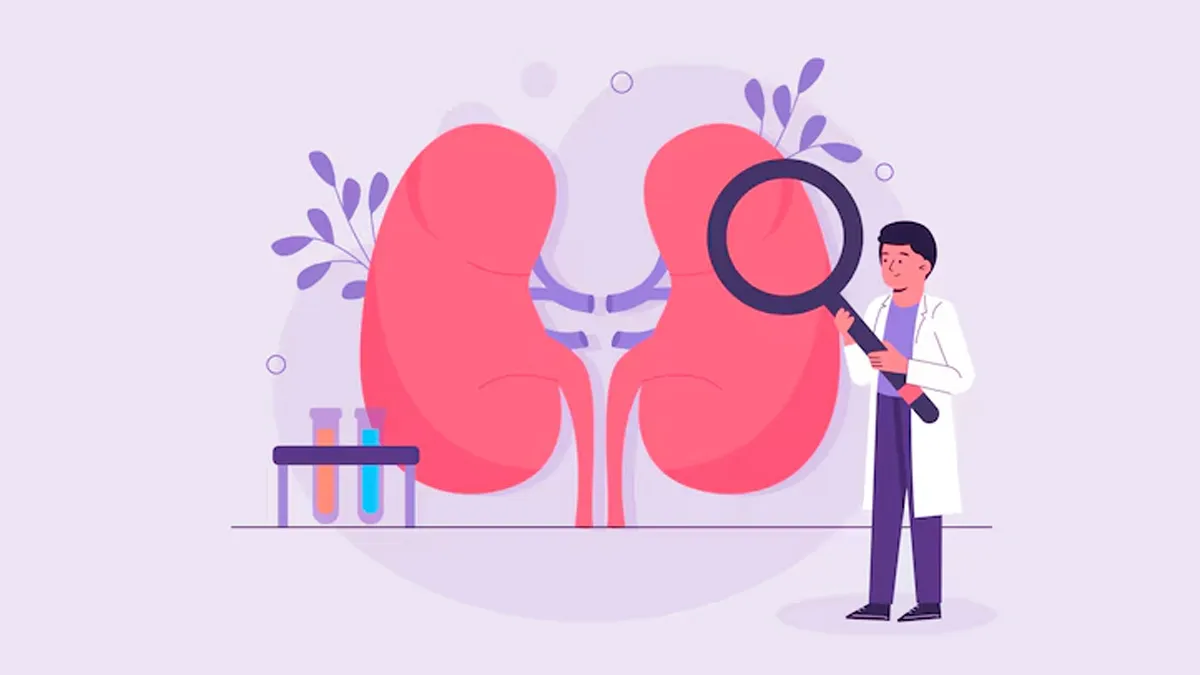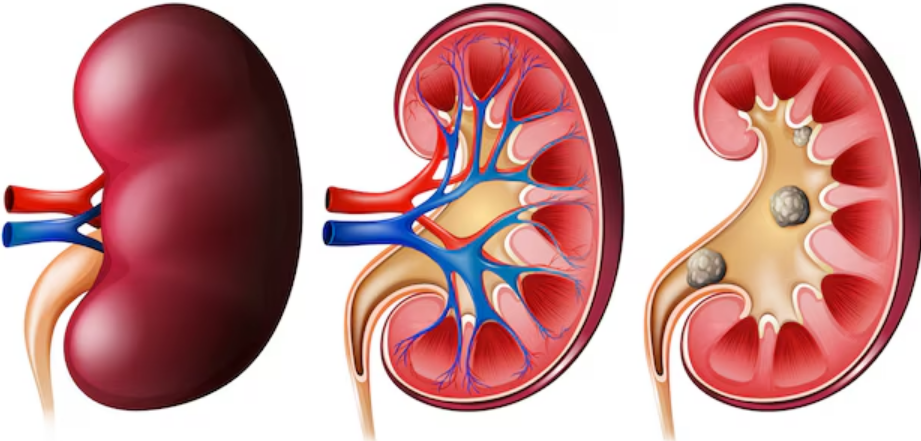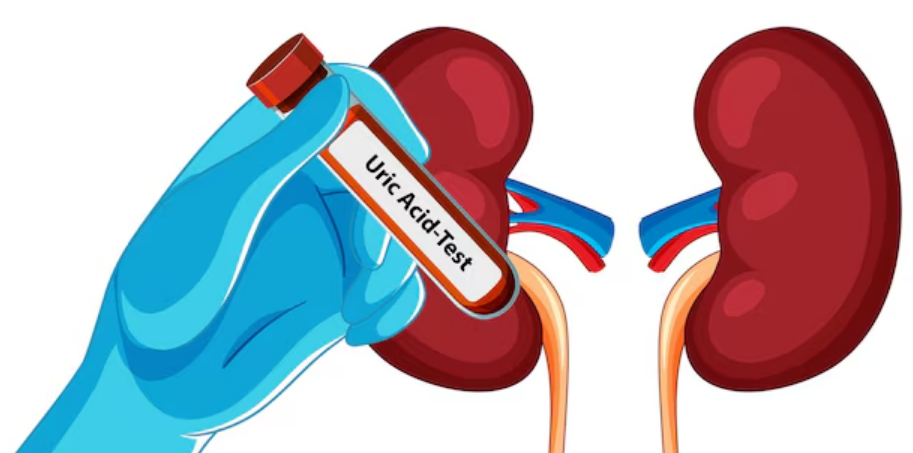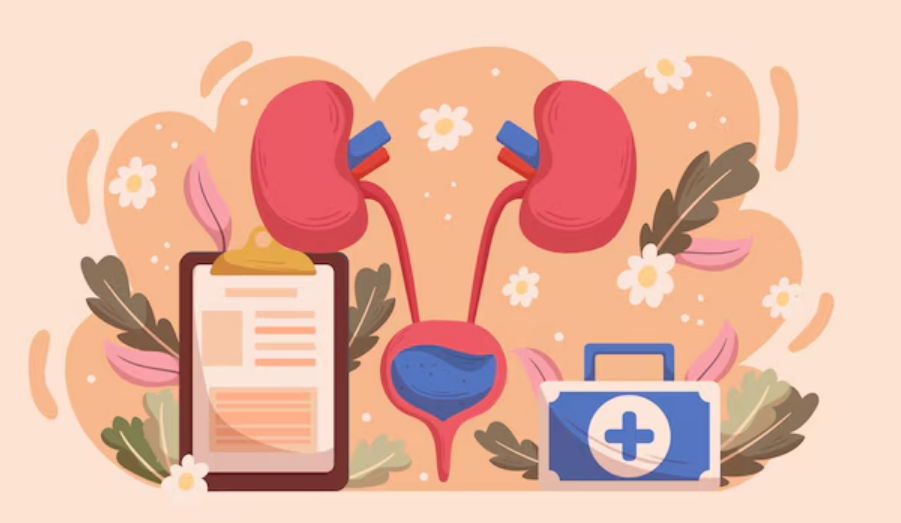
Your kidneys are like your body’s filters; they remove waste, balance fluids, and help control blood pressure. But kidney damage often happens quietly, and many people don’t notice the signs until it’s too late. Catching these signs early can help prevent serious problems like chronic kidney disease or kidney failure. Dr Ravi Kumar Singh, a kidney specialist at Max Super Speciality Hospital, Patparganj, shares the key warning signs of kidney damage and tips to keep your kidneys healthy.

One of the first signs of kidney trouble is swelling, especially in your ankles, hands, or around your eyes. Dr Singh explains, “When kidneys aren’t working well, they can’t remove extra fluid, which causes swelling.” If you notice puffiness in these areas, it’s time to check in with your doctor.
Your kidneys control how much and how often you pee. Dr Singh says, “Watch out for foamy urine, blood in your urine, or peeing less than usual.” Needing to pee more often at night can also be a red flag. These changes might mean your kidneys aren’t filtering waste properly.
Healthy kidneys help make a hormone called erythropoietin, which helps your body produce red blood cells. When kidneys are damaged, you might feel extremely tired or weak. Dr Singh notes, “If you’re always exhausted, it could be because your kidneys aren’t making enough of this hormone.”
If your kidneys aren’t removing waste, fluid can build up in your lungs, making it hard to breathe. Dr Singh adds, “Low red blood cell counts from kidney damage can also reduce oxygen in your blood, causing shortness of breath.”
When waste builds up in your blood because of kidney damage, it can upset your stomach. Dr Singh explains, “Many people with kidney problems feel nauseous, lose their appetite, or even vomit.” These symptoms often show up when kidney damage is more advanced.
Kidney damage can cause mineral imbalances, leading to dry, itchy skin. Dr Singh says, “If your skin feels itchy or you notice rashes, it could be a sign of kidney trouble.” This happens because your kidneys can’t balance minerals like calcium and phosphorus properly.
Your kidneys help control blood pressure, so when they’re damaged, your blood pressure can spike. Dr Singh warns, “High blood pressure can also damage your kidneys further, creating a dangerous cycle.” Keeping your blood pressure in check is crucial for kidney health.
Don't Miss: World Kidney Day 2025: 7+ Early Symptoms Of The Disease in Women

These are the top causes of kidney damage. Dr Singh advises, “Manage your blood sugar and blood pressure with medication, a healthy diet, and regular check-ups.”
Drinking enough water helps your kidneys work well, but overhydration can be harmful, especially if you already have kidney or heart issues.
Cut back on salt, processed foods, and too much protein. Dr Singh suggests, “Focus on fruits, vegetables, and whole grains unless your doctor says otherwise.”
Overusing painkillers can harm your kidneys. Dr Singh says, “Use these medicines sparingly and only as directed by your doctor.”
Smoking and heavy drinking can hurt your kidneys and overall health. Dr Singh adds, “Quitting smoking and cutting back on alcohol can make a big difference.”
If you have diabetes, high blood pressure, or a family history of kidney disease, regular tests are a must. Dr Singh recommends tests like serum creatinine and urine albumin to catch problems early.

Kidney damage often happens without obvious symptoms, so it’s important to know the warning signs. By managing conditions like diabetes and high blood pressure, staying hydrated, and eating well, you can protect your kidneys. Regular check-ups and a healthy lifestyle are key to keeping your kidneys in good shape.
Don't Miss: Do Kids Develop Neurological Defects Solely From Their Mothers Only? 3 Common Pregnancy Myths Debunked
Keep reading Herzindagi for more such stories.
Image Courtesy: Freepik
Also watch this video
Herzindagi video
Our aim is to provide accurate, safe and expert verified information through our articles and social media handles. The remedies, advice and tips mentioned here are for general information only. Please consult your expert before trying any kind of health, beauty, life hacks or astrology related tips. For any feedback or complaint, contact us at [email protected].